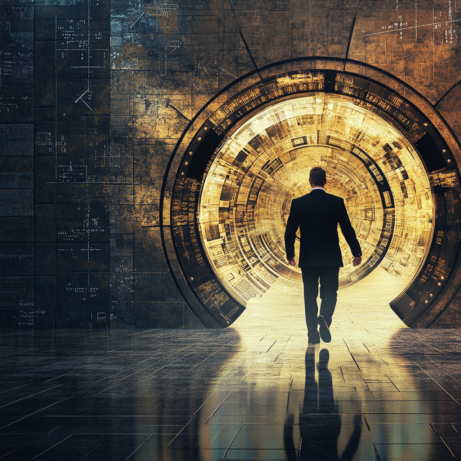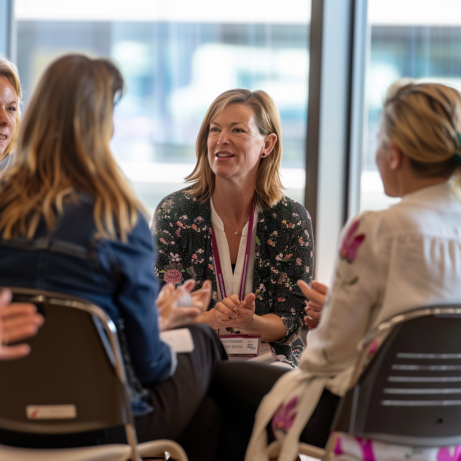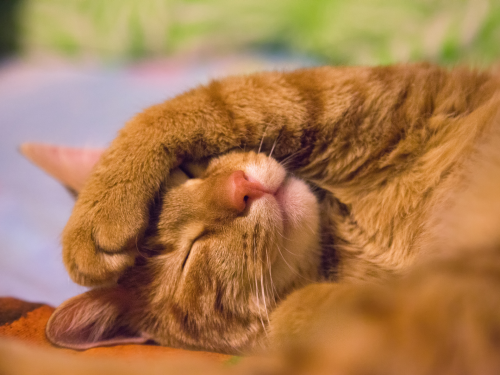
The Art of Sleep
“It’s not how our sleep affects us, it’s how we affect our sleep.”
It’s been a long productive day and we are getting ready for bed. Reflecting on another day we lived while getting ready for the next one. Brushing your teeth, washing your face, and saying goodnight to your loved ones. It’s bedtime!
Suddenly you are finding yourself lying in bed, your body may seem calm and relaxed, but your brain is currently running a marathon and thoughts are racing 100 miles per hour, keeping you away from your beauty sleep.
Does it sound like you? If you are an anxious, hypervigilant, high achiever or simply stressed person, sleeping is not a time to relax. It might be just another obstacle to endure. And that’s wrong. In this society we are racing every day, embracing challenges, we work so hard every day that we let our brain think sleeping is just another obstacle or a task to complete. Let’s take a look into that and maybe start building small steps together toward better sleep.

Why is Sleep Important and How Does it Affect Us?
If you’re a pet owner, do you ever notice that all our furry friends do is eat, sleep, hunt, play, and well… Cuddle. That’s right. In their world there is no such thing as money, therefore they have less to stress about. Most populations are stressed over their financial situation and it greatly affects their sleep and function. By nature, our bodies aren’t made for what we have today. By nature, our bodies are made to move and to recharge to move again. There must be a perfect balance between spending energy and recharging. We all may have different levels of that, genetically, but also our thoughts and environment are one of the biggest factors in our energy level.
- We need to recharge to be productive
- Too much sleep is as bad as not enough sleep
- Sleep deprivation can lead to mental health issues and decreases productivity
- Not enough rest can lead to physical injuries, sicknesses, diseases – immune system failure
- Bad-quality sleep affects our mood and overall ability to be the person we want to be
- What you consume is how you sleep and how you sleep is what you consume
Sleep is important to keep you safe, healthy, productive, happy, and young.
How does sleep really affect my body and my mind?
Body:Good sleep burns calories. Did you know that you may exercise during the day, but your body won’t actually lose weight until it starts recovering – sleeping and eating correct food. Fit bodies look and feel younger for longer.
= less injuries, weight loss, confidence, anti-aging
Mind: Same as the body, if we are not well rested, our brain gets fogged. Brain fog feels like you want to be productive, but when you start working you start getting distracted, and you forget how to complete your tasks or what happened yesterday. How can we be productive if our brain screams “STOP” or “SLOW DOWN”. Yes again, nutrition can improve your brain function as well as sleep. When you find yourself in this stage of “being stuck” or just exhausted, your subconscious mind takes over. And do you really want to let that happen? If you don’t know how our subconscious mind works, we can maybe talk about it next time. For now focus on hydration, slowing down, taking a deep breath, and getting good sleep.
= prevents depression and brain fog, brings peace of mind and feeling of happiness, good mood
The Skill of Falling Asleep Effortlessly
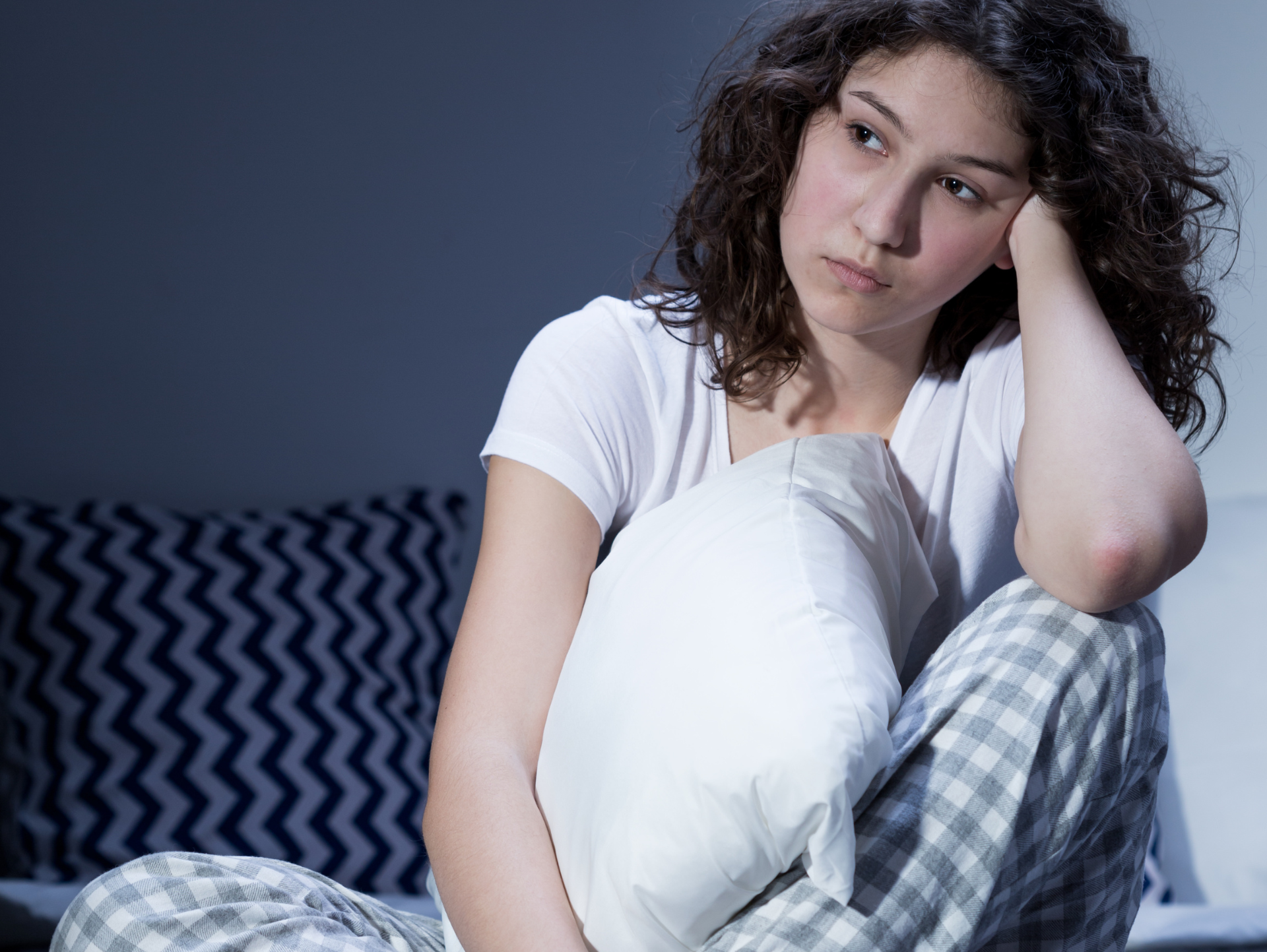 Sleeping shouldn’t be just another task to complete.. But how are we gonna master the peace of mind that allows us to sleep effortlessly? First, look at your core habits. What do you eat, how do you relax, what are your triggers, how do you feel, do you hydrate, what is your relationship with exercise? Write down these habits and look at every single one – rate yourself from 1 to 10 on how good you are with them. The goal would be to balance them, create awareness and slowly start working on them. Some may realize you just need to hydrate more or exercise more or even less! Yes, there is such a thing as being “overworked out”. Especially high achieving athletes, by working out your body releases also adrenaline, which is energy that hardly puts you asleep.
Sleeping shouldn’t be just another task to complete.. But how are we gonna master the peace of mind that allows us to sleep effortlessly? First, look at your core habits. What do you eat, how do you relax, what are your triggers, how do you feel, do you hydrate, what is your relationship with exercise? Write down these habits and look at every single one – rate yourself from 1 to 10 on how good you are with them. The goal would be to balance them, create awareness and slowly start working on them. Some may realize you just need to hydrate more or exercise more or even less! Yes, there is such a thing as being “overworked out”. Especially high achieving athletes, by working out your body releases also adrenaline, which is energy that hardly puts you asleep.
That’s why Olympic athletes hit their records or you can win a competition on your “bad” day. It’s all the body’s chemicals that control our energy. That’s when food, meditation, relaxation, and preparation come along. We have to learn to relax our body and that will happen if we relax our mind as well. Surprise – it won’t happen by watching TV and eating chips. Peaceful mind comes when you turn off all screens, and new information traffic, and when you stop socializing – yes, social media is still socializing.
Instead ask yourself; What did I achieve today, what made me feel good, who do I love and by whom am I loved, what are my core values and what am I grateful for? Reflect on yourself, and your feelings, and let your energy naturally flow. It can only take 10-15 minutes, you can play the music that relaxes you or brings you to that type of zone. Try and see the difference.
Another importance lies in hydration and nutrition. Heavy meals before sleepy time are killers of your sleep, but starving is just as bad. Drink tea without caffeine and a lot of water. Avoid sweets, sugar, wrong oils, and heavy meals. Eat more vegetables and lighter meals. Stop eating after a restricted time is another myth. We all have different lives and schedules, we can’t generalize our diet, we need to customize it. Eating an hour – depending on the meal you’re having before bed is still fine. Two hours is ideal if you are having a bigger meal. If your physical activity is increased, do not be afraid to even have a second small dinner or a small snack 1 hour before going to bed.
While you’re sleeping your body is on an important mission – burn calories, reset chemicals, and feed your muscles, including the brain. You gotta give it something to work with. An empty stomach will bring stress, and deficit and can lead to weight gain. So rest your mind, cut outside energy flow, and focus on your own. Give your body the tools it needs to do its work while you sleep, and watch what happens with your life.
Anxious and stressed sleepers, try this! (5 things how to improve our sleep if you’re a hypervigilant person)
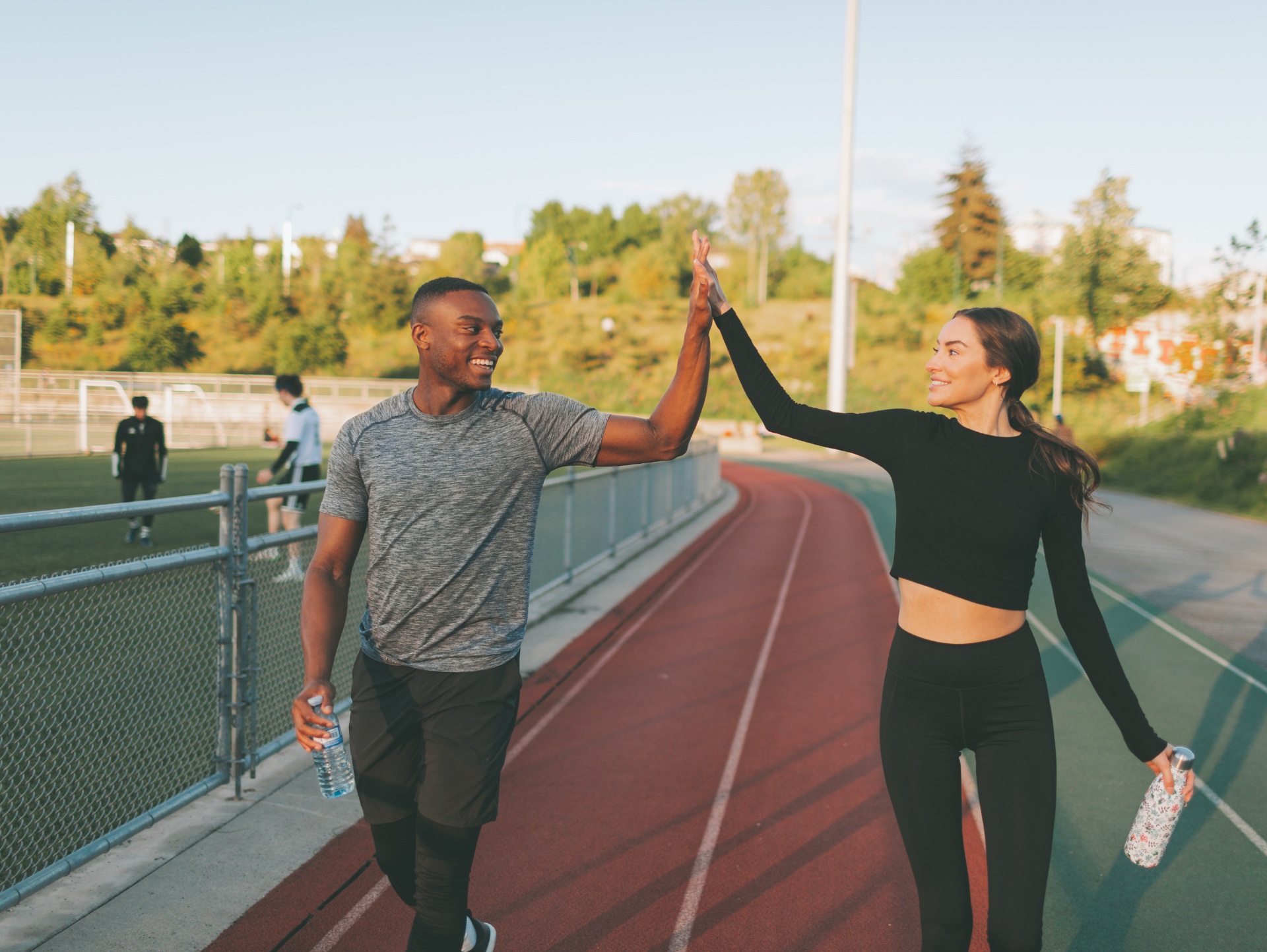 No screen time prior to going to bed or in bed, try this instead:
No screen time prior to going to bed or in bed, try this instead:
- Water
- Healthy food
- Meditation
- Exercise
- Prepare for the next day
More resources to improve your sleep and sleeping habits:
https://www.psychologytoday.com/us/articles/201003/sleep-throw-away-the-sleeping-pills
https://www.psychologytoday.com/us/articles/200511/the-sleep-equation
https://www.psychologytoday.com/us/basics/sleep
https://www.psychologytoday.com/us/archive?search=sleep&op=Search
https://www.psychologytoday.com/us/archive?search=hypervigilance+&op=Search
Author: Nicole Kleinova

